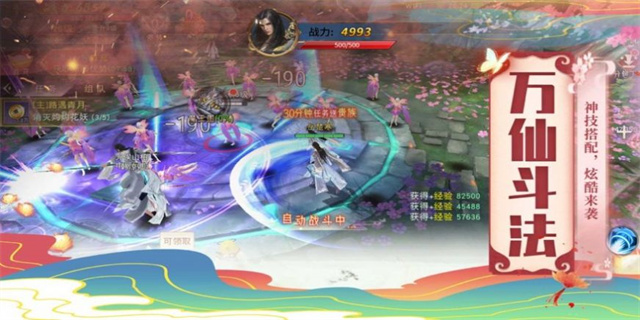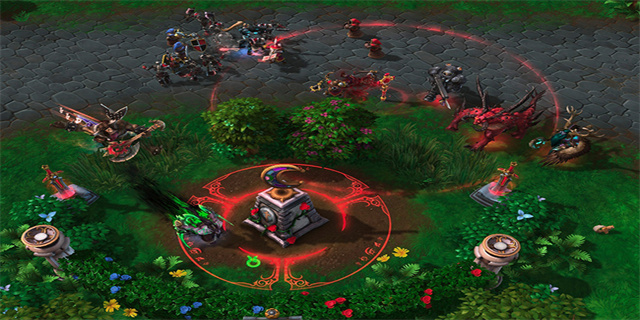Transformers: Warriors in Disguise
The Transformers franchise has captivated audiences around the world with its epic battles between robotic beings from another planet. These powerful machines, known as Autobots and Decepticons, have the ability to transform into various vehicles and weapons to wage their war on Earth. In this article, we will explore the fascinating world of Transformers and their everlasting impact on popular culture.
The Origins of Transformers
Transformers originated from a line of toys created by the Japanese company Takara Tomy and the American toy company Hasbro in the early 1980s. Originally known as \"Diaclone\" and \"Micro Change,\" these toy lines featured small humanoid robots that could transform into vehicles, weapons, and other objects. It wasn't until 1984 that the Transformers as we know them today were introduced, thanks to a collaboration between the two companies.
The Transformers toys quickly gained popularity among children, captivating their imaginations with the ability to change from everyday objects into powerful robots. This success led to the creation of an animated television series to further expand the Transformers universe. The show, simply titled \"The Transformers,\" premiered in 1984 and showcased the ongoing battle between the heroic Autobots and the villainous Decepticons.

The Battle for Earth
The premise of Transformers revolves around the conflict between the Autobots and the Decepticons, two factions of sentient robotic beings from the planet Cybertron. In their search for energy resources, these Transformers traveled to Earth, where they continued their war in disguise. The Autobots, led by the wise and brave Optimus Prime, aimed to protect humanity and prevent the Decepticons from conquering the planet.
The Decepticons, led by the power-hungry Megatron, sought to harness Earth's resources for their own destructive purposes. This ongoing battle between good and evil became the central theme of the Transformers franchise, captivating audiences with its timeless narrative of heroism, sacrifice, and the struggle for peace. The Transformers were not only warriors but also symbols of hope and resilience in the face of adversity.

Transformers in Popular Culture
Over the years, Transformers has become an iconic part of popular culture, transcending its origins as a toy line and a television series. The success of the franchise led to the creation of numerous movies, comic books, video games, and spin-off series, further expanding the Transformers universe. The 2007 live-action film, directed by Michael Bay, introduced the Transformers to a whole new generation of fans.

The Transformers franchise has also spawned a passionate fan community, with conventions, cosplay, and dedicated online forums. The memorable characters, such as Bumblebee, Optimus Prime, and Megatron, have left a lasting impact on both children and adults, inspiring creativity, imagination, and a love for science fiction. The concept of machines capable of transformation has become synonymous with the Transformers and has influenced other media and toy lines.
Farewell to the Transformers
The Transformers legacy continues to thrive, with new iterations and adaptations being released regularly. The enduring popularity of these robotic warriors showcases the timeless appeal of their stories, characters, and the underlying themes of heroism and unity. Whether in the form of toys, movies, or animated series, the Transformers will always hold a special place in the hearts of fans young and old.
As we bid farewell to this exploration of the Transformers universe, we can't help but reflect on the impact these warrior robots have had on our culture. From their humble beginnings as transforming toys to their status as iconic figures in popular culture, the Transformers have undoubtedly left an indelible mark. So, next time you see a car on the street or a plane in the sky, remember that it might just be a Transformer in disguise.



















